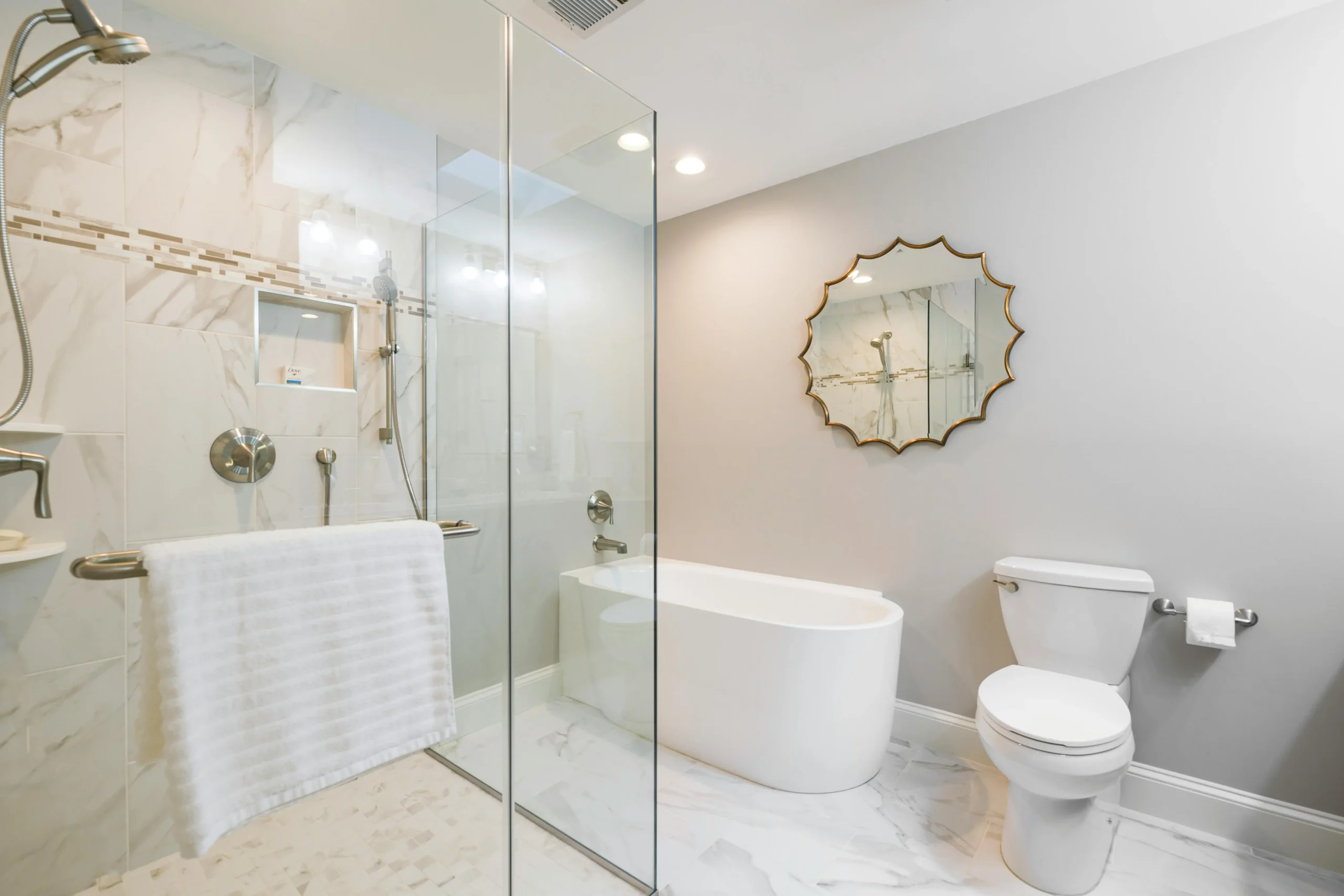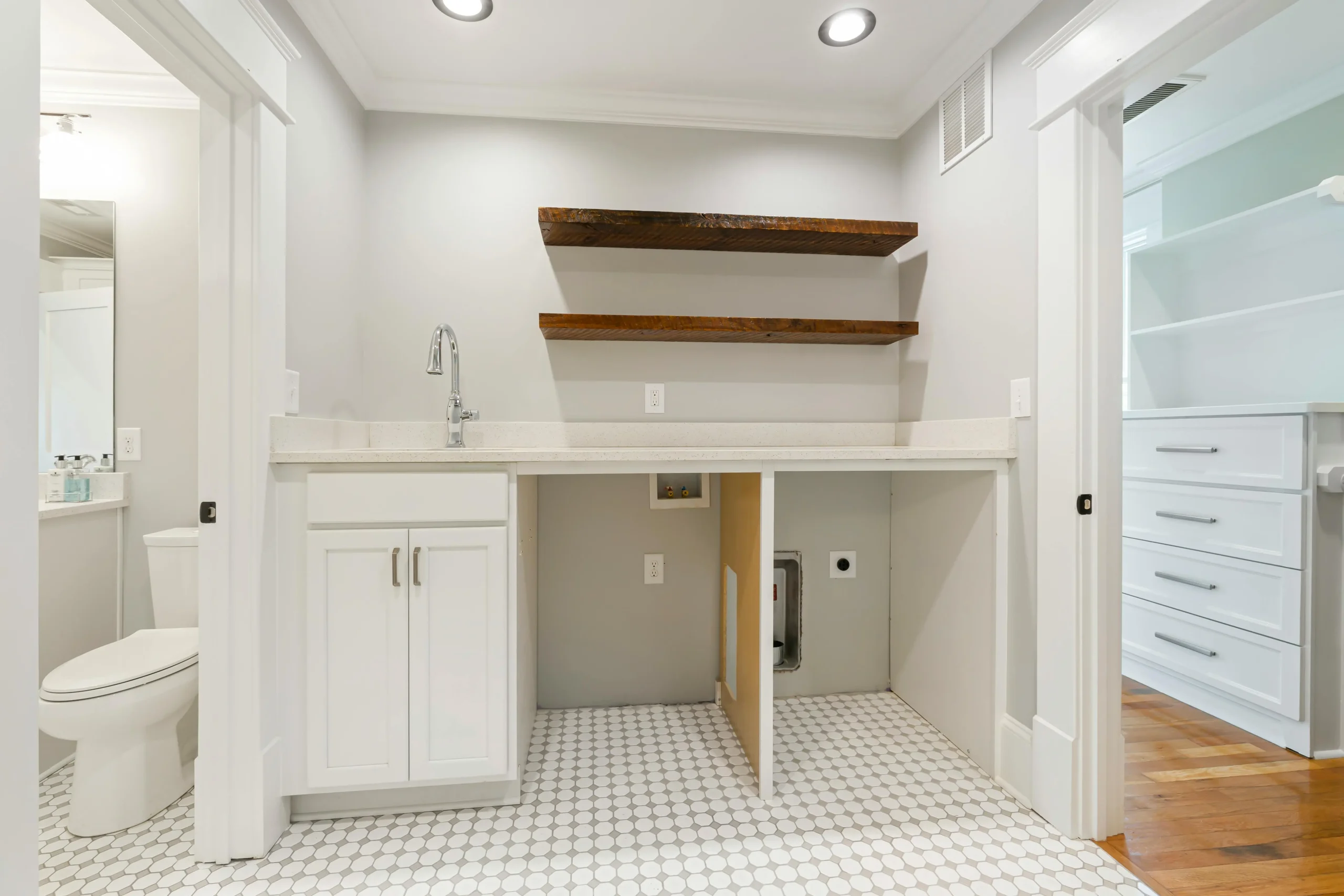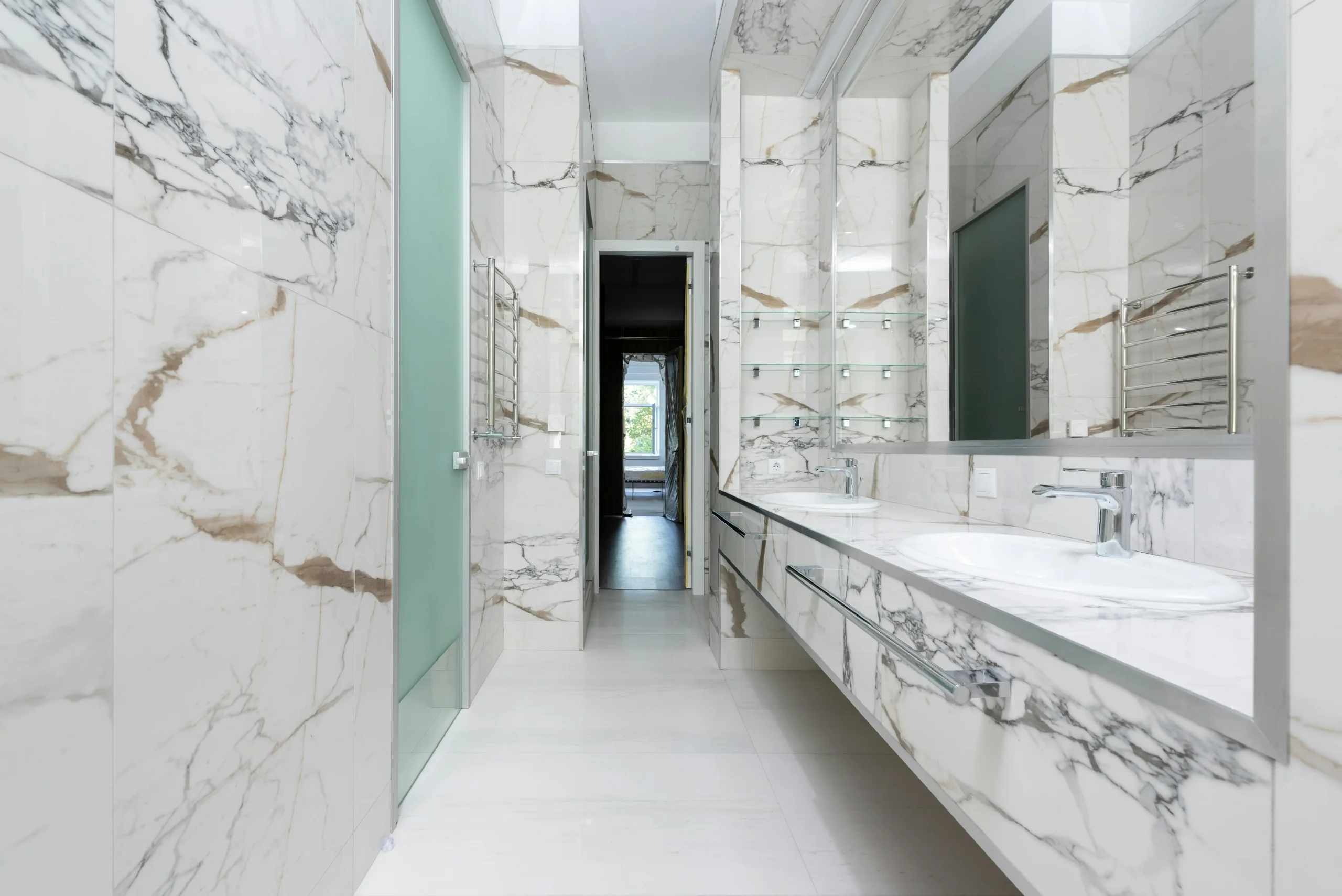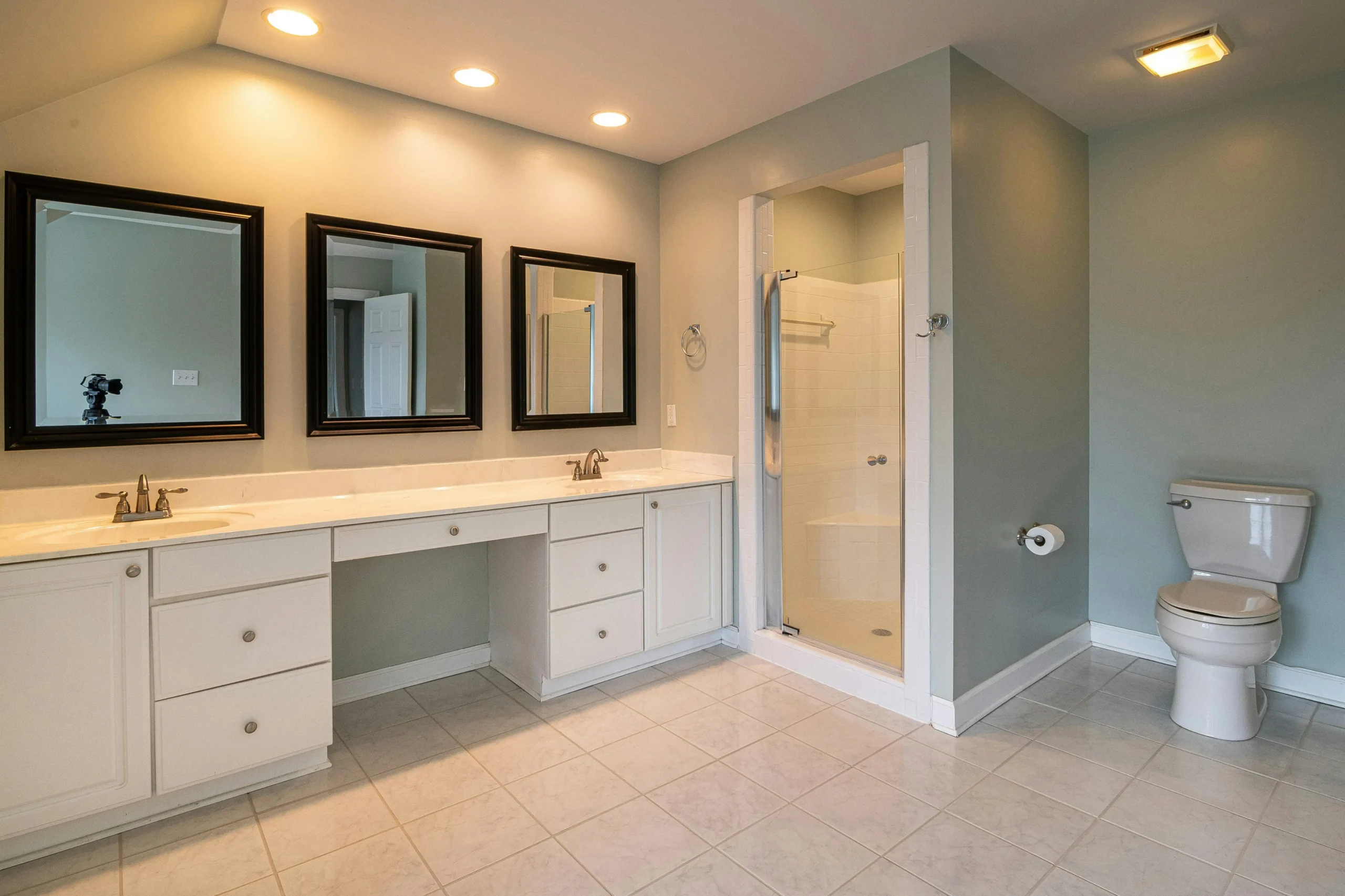New Hampshire Kitchen Remodel Cost Overview
Understanding kitchen remodel costs in New Hampshire is essential for homeowners aiming to plan a successful renovation project. R for Remodelers offers detailed insights into the factors that influence kitchen renovation costs, helping you create a realistic budget. The average cost of a kitchen remodel in NH can range from moderate to high-end, depending on the size of your kitchen and material choices. It’s important to evaluate cost estimates based on specific renovation needs, as the scope of the project can directly affect your financial plan. With comprehensive cost breakdowns, you’ll gain clarity on where your money is being spent, whether for cabinets, flooring, or labor. Comparing cost estimates across localities in New Hampshire ensures you get the best value and makes it easier to plan effectively.
Average Kitchen Renovation Cost in NH
The average cost of a kitchen renovation in New Hampshire, particularly in areas like Manchester, can vary greatly based on the project size and complexity. Kitchen remodels in NH typically cost around $15,000 but can easily go higher depending on factors like material choices, layout changes, and appliance upgrades. For instance, a basic remodel might remain within budget, while more intricate renovations, which require custom cabinetry or premium appliances, could push the cost upwards. Understanding the average cost range gives homeowners a solid foundation for planning and aligning their expectations with realistic financial goals. A thorough assessment of your renovation needs and budget will help avoid surprises during the remodeling process. Additionally, it’s essential to take into account any region-specific variations that might impact pricing in different cities.
Factors Influencing Kitchen Remodel Costs in Hampshire
Kitchen remodel costs in Hampshire are influenced by multiple factors that homeowners must consider for accurate budget planning. The scale and complexity of the renovation, including structural changes or layout modifications, play a significant role in determining the overall cost. A larger kitchen often requires more materials, labor, and time, escalating the budget. Material choices, such as selecting high-end finishes like marble or custom cabinets, will undoubtedly increase the costs. The expertise of the contractor also impacts pricing, as experienced professionals often charge higher rates for their quality services. Labor costs can fluctuate depending on the local construction market, and any regional differences in material costs or availability should also be factored into your remodel budget. Understanding these elements will ensure you plan your kitchen renovation efficiently without overspending.
How Location Affects Kitchen Remodeling Price
Location is a key factor influencing kitchen remodeling costs, especially in New Hampshire where urban and rural areas show significant price differences. For example, kitchens remodeled in cities like Manchester typically incur higher costs due to the demand for skilled labor and premium materials, along with urban living expenses. On the other hand, areas like Portsmouth along the Seacoast may have added costs related to coastal living, such as higher logistics and construction challenges. Whether in a rural or urban location, the local cost of labor, materials, and demand for renovation services can substantially affect your remodeling price. Understanding these regional dynamics will allow homeowners to make informed decisions when selecting contractors and planning their budgets for a kitchen remodel in New Hampshire.
Budget-Friendly Kitchen Remodel Tips
Remodeling your kitchen on a budget doesn’t mean sacrificing quality or style. To maximize your investment, it’s important to prioritize essential updates, such as new cabinetry, countertops, or energy-efficient appliances, while deferring less critical upgrades. Opt for more affordable materials, like laminate countertops or stock cabinets, which can still offer a fresh look without the premium price tag. Taking on smaller tasks like painting or installing simple hardware yourself can also save significant labor costs. Additionally, sourcing gently used materials or discounted appliances during sales can help reduce overall expenses. It’s vital to set a clear financial goal for the project, compare estimates from multiple contractors, and stick to your plan to ensure the renovation stays within budget while still delivering quality results.
Ways to Optimize Your Remodeling Budget
To get the most value out of your kitchen remodel budget in New Hampshire, effective planning and resource management are essential. Start by consulting with experienced remodelers who can provide realistic estimates and help you allocate funds to high-priority upgrades. Instead of replacing cabinets entirely, consider refacing them for a cost-effective solution that still delivers a refreshed look. When choosing contractors, obtain multiple quotes to ensure you’re receiving competitive pricing for the work. Organizing a detailed schedule will help keep the project on track, minimizing unnecessary delays and unforeseen costs. By focusing on the most impactful updates and carefully selecting materials and labor, you can optimize your budget and achieve the desired results without overspending.
Popular Kitchen Design Ideas for New Renovations
When planning your kitchen renovation, staying up-to-date with popular design trends can help you create a timeless and functional space. Homeowners in New Hampshire often work with expert designers to incorporate modern styles while maintaining the kitchen’s practicality. Choosing durable materials like granite or quartz for countertops ensures that your kitchen is both stylish and long-lasting. Crown molding, sleek hardware, and open shelving are popular additions that can elevate the kitchen’s appearance. Functional design elements, such as a kitchen island or under-cabinet lighting, not only add beauty but also increase the kitchen’s usability. Collaborating with skilled designers allows you to seamlessly blend your vision with the latest design trends, transforming your kitchen into an efficient and visually appealing space.
Maximize Your Home’s Value with Kitchen Renovations
A well-executed kitchen renovation is one of the best investments you can make to increase your home’s market value. In New Hampshire, updating your kitchen with modern appliances, custom cabinetry, and stylish finishes can significantly boost both its functionality and visual appeal. Kitchen remodels improve the overall flow and efficiency of the space, making it more attractive to potential buyers. Even small updates like new countertops or a fresh coat of paint can yield a substantial return on investment. When planning your renovation, focus on high-impact areas that will provide the greatest value, such as upgrading appliances or improving storage solutions. A thoughtful remodel enhances both your enjoyment of the space and your property’s resale value, making it a win-win investment for homeowners in New Hampshire.
Kitchen Remodel Cost per Square Foot in NH
Understanding the cost per square foot is essential when budgeting for a kitchen remodel in New Hampshire. On average, kitchen remodeling in NH costs between $100 and $250 per square foot, depending on the size of the kitchen and the materials selected. For a smaller kitchen, the cost per square foot tends to be on the higher end, as the same quality of materials and labor is spread across a smaller area. Larger kitchens may offer more opportunities to spread out costs, but overall expenses will still increase due to the greater need for materials and labor. For a more accurate cost estimate, homeowners should gather multiple quotes from reputable contractors and compare square footage pricing to help them align their budget with their project goals.
Breaking Down the Costs of Kitchen Remodeling
Breaking down the costs of a kitchen remodel is crucial for managing the budget effectively. Key components of the renovation include cabinetry, which can make up 30-35% of the total cost, and labor, which typically accounts for 20-25%. Appliances, countertops, flooring, and plumbing can each add significant costs, depending on your choices. It’s essential to consider not only the initial costs but also any hidden expenses that may arise, such as permits or unexpected structural issues. The scope of your renovation, whether it’s a full overhaul or a minor update, will determine the allocation of funds across different categories. By understanding each aspect of the remodel and obtaining detailed cost estimates, homeowners can allocate their budget efficiently and ensure the project stays within financial constraints while meeting their expectations.
Key Components of a Kitchen Remodel: Cabinets and More
A successful kitchen remodel is defined by the quality and selection of key components such as cabinets, countertops, and appliances. Cabinets, which serve as both functional and aesthetic focal points, typically make up a significant portion of the remodel budget. Whether you choose custom, semi-custom, or stock cabinetry, each option has its own set of costs and benefits. Countertops are another critical component, offering both style and durability, with materials like granite, quartz, and marble being popular choices. Appliances are essential to any kitchen remodel, providing modern conveniences while contributing to the overall design. Flooring, lighting, and storage solutions also play important roles in creating a cohesive, functional space. By prioritizing these key components and choosing quality materials, homeowners can achieve a beautiful, well-rounded kitchen remodel.
Comprehensive Guide to Kitchen Renovations
- Embarking on a kitchen renovation requires careful planning and understanding of the entire process. A comprehensive guide ensures homeowners are informed about the various elements that contribute to a successful remodel. From selecting materials to choosing a contractor, each decision affects both the timeline and budget of the project. Effective kitchen renovations include updates that improve both the function and aesthetics of the space, such as new cabinets, appliances, and countertops. Collaborating with professionals like R for Remodelers can help navigate the complexities of the process, providing guidance on design choices, cost estimates, and local regulations. A well-executed kitchen renovation transforms a space into a modern, efficient, and valuable part of your home, improving both its appeal and functionality.
Frequently Asked Questions
What are some of the key factors influencing kitchen remodeling costs in New Hampshire?
The cost of a kitchen remodel in New Hampshire is influenced by several important factors, including the size of the kitchen, the materials selected, and the complexity of the renovation. Larger kitchens naturally require more materials and labor, increasing the overall cost. The choice of materials is also crucial; opting for high-end materials like granite or custom cabinetry will significantly drive up expenses. Regional variations in pricing, such as labor rates and material availability, also play a role, with some areas experiencing higher costs due to demand and access to resources.
How can R for Remodelers assist homeowners in managing kitchen remodel costs effectively?
R for Remodelers helps homeowners manage kitchen remodel costs by providing detailed estimates and breaking down costs for materials, labor, and any other necessary services. By clearly outlining the budget and offering guidance on cost-effective options, R for Remodelers ensures that homeowners are well-informed before making decisions. They emphasize the importance of comparing costs across different regions in New Hampshire, helping clients make the most out of their financial investments while ensuring quality and value throughout the remodeling process.
What strategies can homeowners employ to reduce kitchen renovation expenses without compromising quality?
To reduce kitchen renovation expenses without sacrificing quality, homeowners can take several steps. One approach is to obtain multiple estimates from local contractors to find the most competitive pricing. For smaller tasks, such as painting cabinets or installing a backsplash, a DIY approach can help save money. Additionally, sourcing gently used or refurbished materials, such as appliances or cabinets, can provide significant savings. By prioritizing the kitchen elements that need the most attention and exploring alternative materials that offer similar aesthetics at a lower price point, homeowners can make their budget stretch further.
How does the location within New Hampshire impact kitchen remodel costs?
Location within New Hampshire plays a significant role in determining kitchen remodel costs. Urban areas, like Manchester, may have higher demand and fewer available resources, leading to increased costs for both materials and labor. Meanwhile, more rural areas might offer lower costs, but accessibility and material availability could affect the overall expense. Locations like Portsmouth, known for its scenic beauty, may have premiums attached to the cost of remodeling due to the desirability of the area and specific building challenges, such as coastal considerations. Therefore, understanding the location-specific factors and pricing norms is crucial for accurate budgeting and cost-effective planning.
What are some popular kitchen design elements that homeowners should consider for their renovations?
Homeowners should incorporate both functional and aesthetic design elements to elevate their kitchen renovation. Key trends include custom cabinetry that fits the space perfectly and modern appliances that offer both style and efficiency. High-quality, durable materials like quartz countertops and hardwood flooring are popular choices for long-term investment. Crown molding can add elegance, while smart storage solutions, such as pull-out pantry systems, can improve functionality. Exploring design platforms like Houzz for inspiration and consulting with experienced kitchen designers ensures that the renovation is both visually appealing and practical for modern living.





